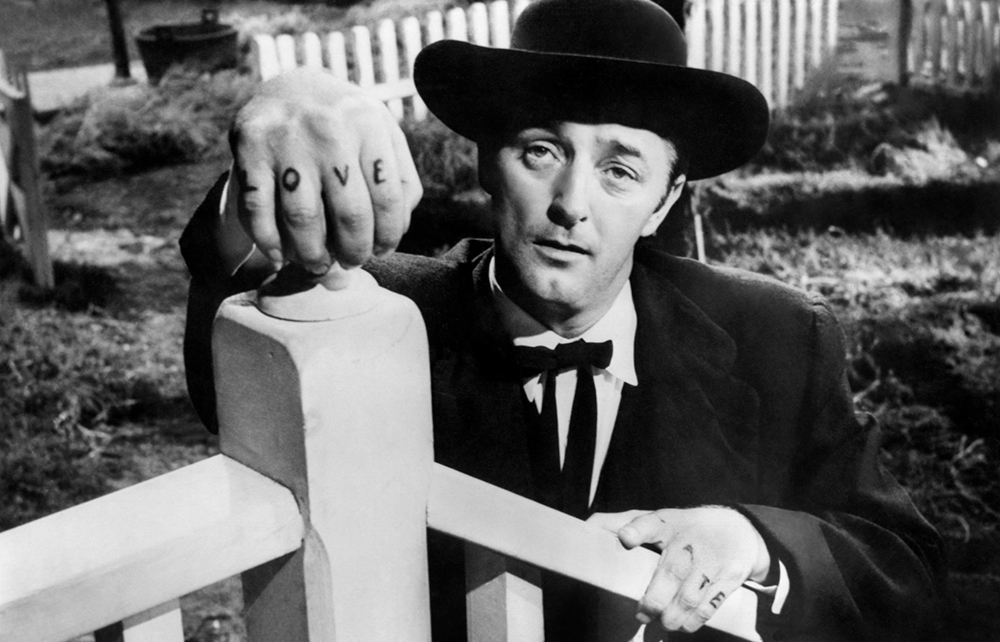‘Make him read the lines the way they’re written!’ Raymond Massey snarled at Elia Kazan during the East of Eden shoot. Classically trained, Massey was infuriated at the way the movie’s star, the Method instinctive James Dean, never played a scene the same way twice. Kazan, who had refereed similar rows between Jessica Tandy and Marlon Brando on the Broadway production of A Streetcar Named Desire, did what good directors do with warring actors: play them off against each other the better to boost both performances. Nobody who has watched the picture, especially those scenes in which Massey flinches at Dean’s latest flight of fancy, could doubt the artfulness of Kazan’s technique.
I shall go to my grave regretting that I wasn’t around in 1932 to have seen Peggy Ashcroft’s Juliet
Nobody except Peter Ackroyd. Method acting, he declares, is, well, just not English. ‘Improvisation… is in origin a Continental practice.’ But Ackroyd is only warming to his nationalist theme. The text, he insists, from ‘the pauses of Pinter to the verbosity of Ben Jonson’, is at the heart of English drama. So it is – though heaven help the player who mumbled in front of Goldoni or skipped a line while Ibsen was in the stalls. As for Ackroyd’s claim that the English actor ‘is more orator than dancer’, it is nonsense. As Olivier used to say:’ Johnny [Gielgud] had the voice, but I had the legs.’
Which is more than can be said for The English Actor. The book reads like the first draft of a school essay. English acting, Ackroyd argues, has magic at its heart. Why so? Because Ralph Richardson was a ‘mage-like’ actor; and because he thought Frank Benson’s Hamlet ‘pure magic’; and because his ‘own acting was often described as magical’.
Talking of Richardson, he ‘was born in the same year as Donald Wolfit, but two actors could not be more different’. No, really? Charles Laughton ‘was born in Scarborough in 1899 but contracted a glandular condition that enlarged his size’. I’m no medic, but don’t all new-borns, from Scarborough or Skara Brae, with or without a glandular condition, enlarge with the years? ‘In 1955 Diana Rigg spent three years at Rada’ – a time-travelling feat J.B. Priestley would have got a play out of. Gielgud ‘was not a natural scholar, and became a day boy at Westminster’. I guess that means boarders must be natural scholars, though I still want to know what the unnamed actor Ackroyd quotes on the ‘infinite variations of [Gielgud’s] beautifully modulated vice’ was on about.
The greatest mystery about this book is its insistence on sticking to stage acting. For all I know, Ackroyd is at the theatre every night. But no playgoer, no matter how assiduous, could have seen more than a handful of the performances he discusses. And even if Ackroyd did catch Larry or Ralph or Edith Evans or Peggy Ashcroft in the autumns of their careers, he has no more seen Kemble or Garrick than the rest of us have. I shall go to my grave regretting that I wasn’t around in 1932 for Ashcroft’s Juliet. But her cameo role as the browbeaten crofter’s wife in Hitchcock’s The 39 Steps goes on breaking your heart long after the movie’s end. Yet only occasionally does Ackroyd ‘infer… an actor’s style from a film performance’. Indeed, the chapter on Alec Guinness never mentions Kind Hearts and Coronets, in which Guinness plays no fewer than eight different characters. If that’s not the kind of turn a book about acting ought to be discussing, then what is?
Enter David Thomson’s Acting Naturally. It’s a great title. The movies have taught us to love stars who appear to be doing nothing but being. But then, Thomson counters, acting is natural – it’s what we all do all the time. We may have less choice in the roles we’ve been allotted than we like to think, but we still have more to say over how to play them than we care to acknowledge. Could that be, Thomson wonders, because acting is the keystone of the humanist fantasy – ‘our endearing attempt to believe that our lives matter’?
If that sounds abstruse, then be warned. Thomson is a gorgeous writer – the best the movies have ever had – but he throws off ideas like an angle grinder sprays sparks. Even today, in his eighties, he’s a hard man to keep up with. Gielgud once joked that since nobody understands Shakespeare, actors often make up his lines. I can’t pretend to have understood more than a fraction of Acting Naturally, which flashes, Lear-like, from one thunderous insight to the next. Here is Thomson summing up 60-odd years of Freudian/feminist Hitchcock criticism: ‘Psycho is a smothered inducement to see Janet Leigh naked, until, in our frustration, we are ready to have her hacked to pieces.’ And on Warren Beatty and Julie Christie: ‘Loving mates… overcome by the sadness that knows there are no stars in life.’ And, most lethally, on Tallulah Bankhead: ‘She was sure the movies were stupid, and she was right.’
So is Thomson. As a proud south London lad (the book’s reveries on childhood afternoons at the Tooting Granada glisten with rue and awe), he ought to know that Michael Caine grew up not in the East End but a couple of miles up the road in Camberwell. Otherwise, give that man an Oscar.






Comments